With the blessed month of Ramadan around the corner, we’re bringing you this brief guide reminding you and us of the basics of Zakat.
An adult Muslim must fulfill certain religious duties, and one of the most important duties is to pay Zakat. Zakat is the third pillar of Islam and an act of worship that involves donating a certain amount or percentage of our wealth to those in need. In this blog, we’ll explain what Zakat is, who has to pay it, who is eligible to receive it, and much much more.
Zakat is an obligatory religious duty for Muslims who own wealth up to a certain threshold. This threshold is known as Nisab. and our responsibility is to ensure that our donation is in trusted hands. The Prophet Muhammad (PBUH) emphasized the importance of giving and its impact on purifying wealth. It is a way to show gratitude to Allah SWT by helping less fortunate and vulnerable people.
The Holy Qur’an states:
“O who believe! Spend of the good things which you have earned and of the reward of that which We have produced from the earth for you”
Surah Baqarah (2:267)

Zakat is required from those who meet a specific financial threshold known as the Nisab. The Nisab represents a minimum amount of wealth or savings that a Muslim must possess over a lunar year. If a person’s wealth exceeds this limit, they become eligible to pay Zakat. This threshold ensures that Zakat is only obligatory for those with sufficient financial stability, making it a responsibility for the financially capable to support those in need. The exact amount of the Nisab can vary, depending on the current value of gold or silver.
Zakat, one of the five pillars of Islam, is a mandatory charitable donation that Muslims make to help the poor. It is essential to redistribute wealth within the Muslim community, and Zakat helps those in need. But who qualifies to receive it?
Allah SWT says in the Qur’an:
“The Sadaqāt (prescribed alms) are (meant) only to be given to the poor, the needy, to those employed to collect them, to those whose hearts are to be won, in the cause of the slaves and those encumbered with debt, in the way of Allah and to a wayfarer. This is an obligation prescribed by Allah. Allah is All-Knowing, Wise.”
Surah at-Tawbah (9:60)
Anyone who falls under one of the eight categories above is eligible to receive Zakat. Through this third pillar, those who have been blessed with wealth can uplift those who are in need.

To calculate your Zakat, we first sum up all your possessions and then subtract any debts you owe. This results in the total amount of your wealth. From this total, Zakat is calculated as 2.5%.
The Zakat calculator offered by HCI simplifies the Zakat calculation process. It allows users to quickly and accurately determine the amount of Zakat they need to pay. By incorporating all essential factors such as various forms of wealth, liabilities, debts, and investments, the calculator provides an exact figure. This streamlined process aids users in fulfilling their religious obligations with precision and ease.

HCI has been delivering your Zakat to the most needy around the world for the past 40 years and we see it as our obligation to help you fulfill yours.
Fulfill your sacred duty of Zakat and gain Allah’s blessings by helping the world’s most destitute families. Your contribution is full of impact. Contribute to our 100% Zakat-compliant programs to meet your religious obligation and create a positive change.
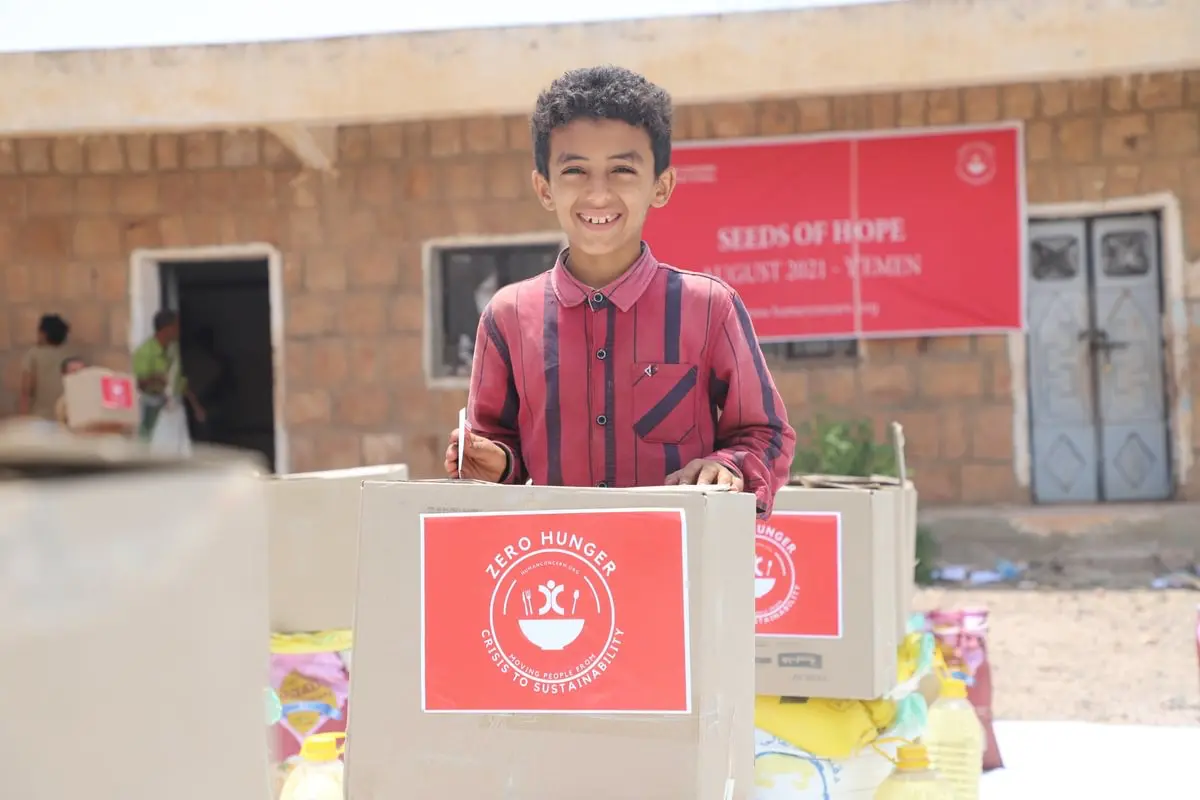





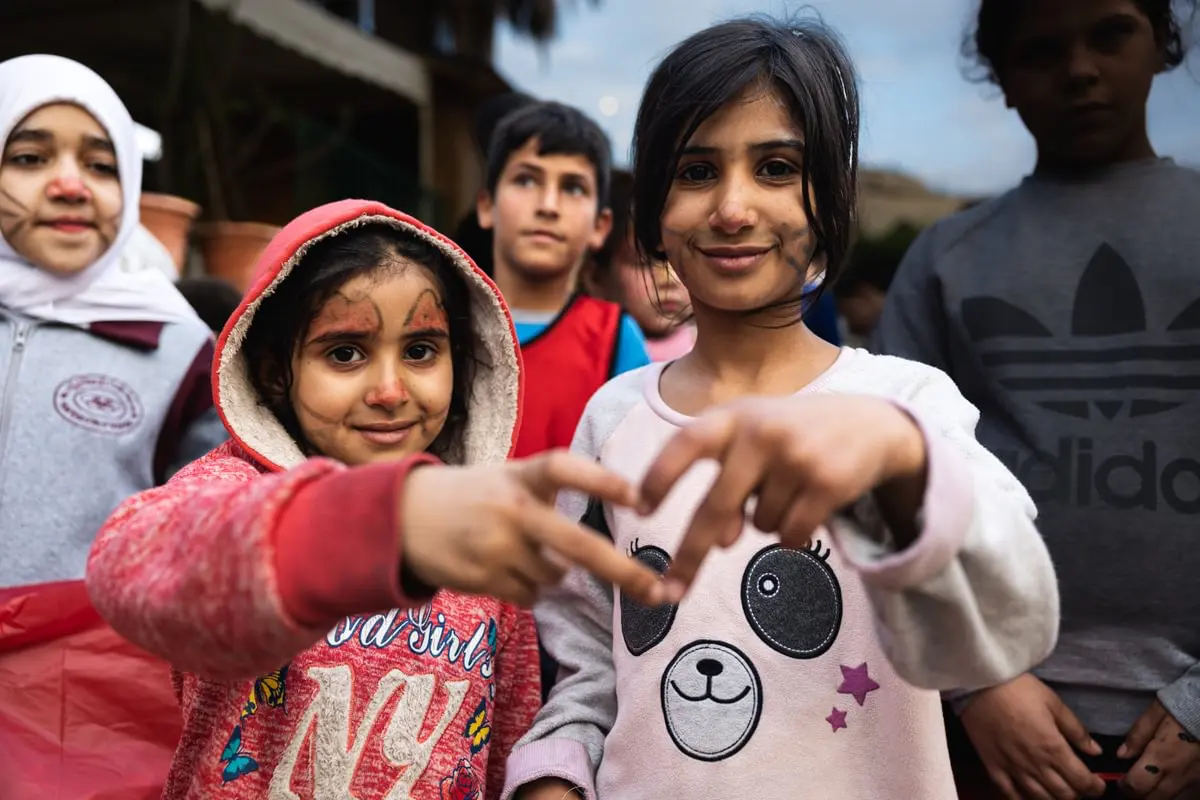
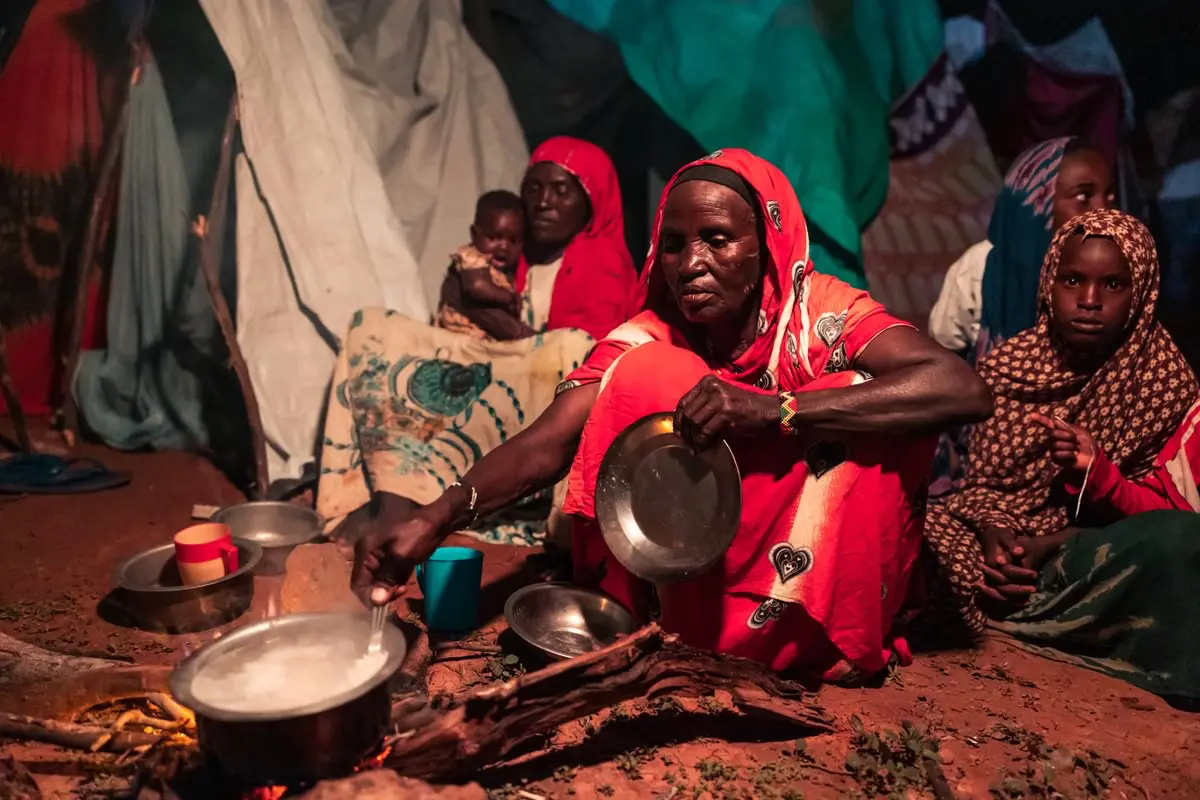
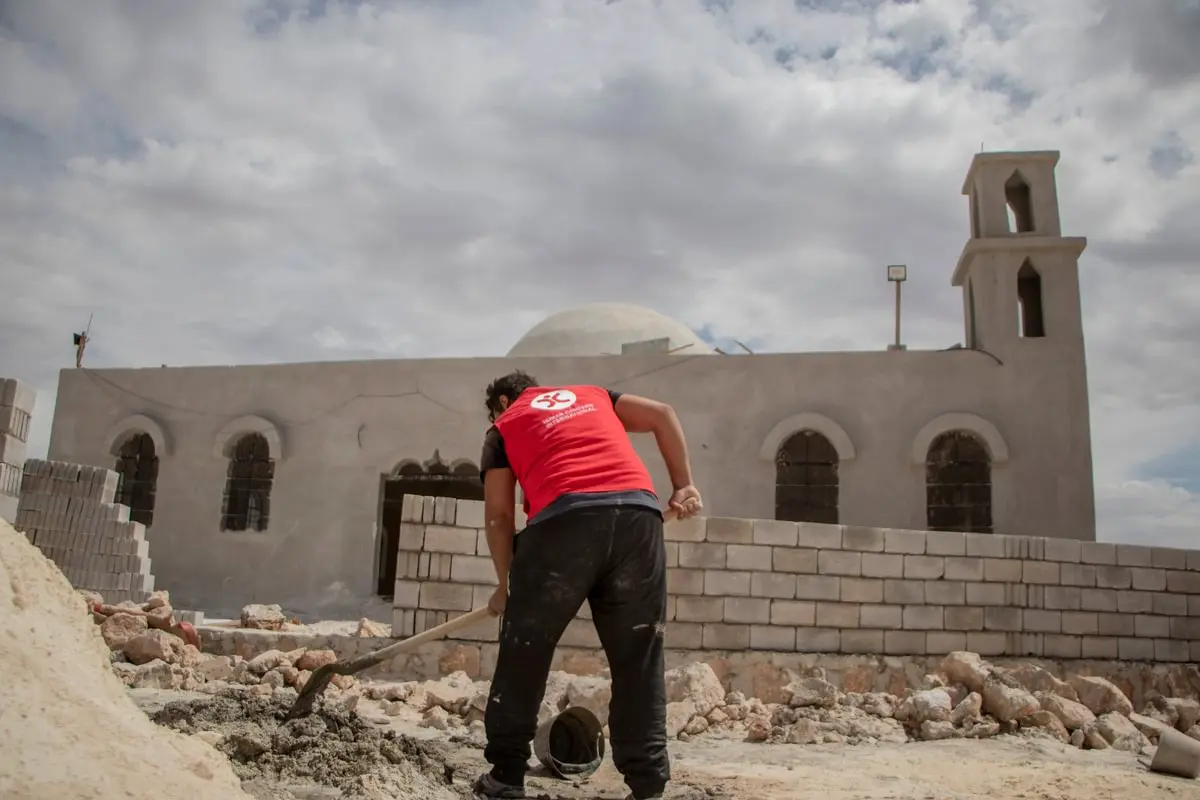
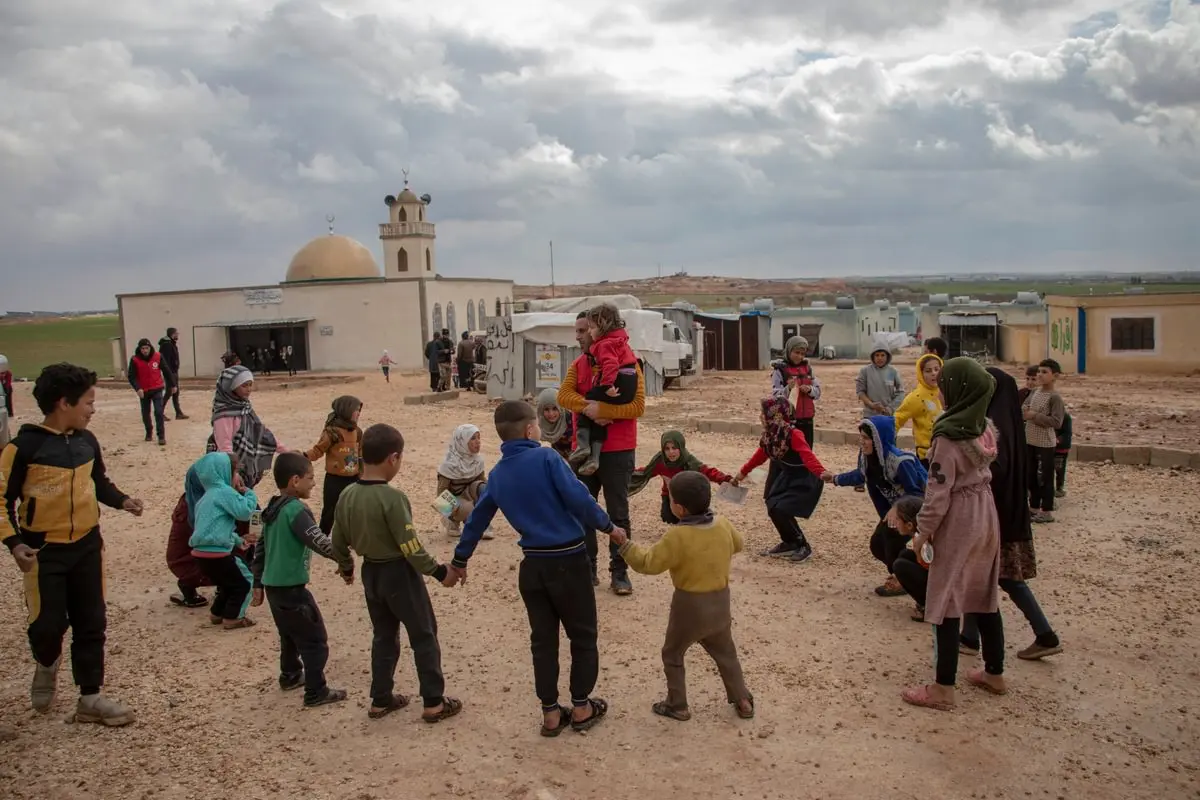


Human Concern International is the oldest Muslim relief organization in Canada, fighting poverty for over 40 years. We are a registered charity with the CRA. Charitable Registration No. 107497125 RR 0001